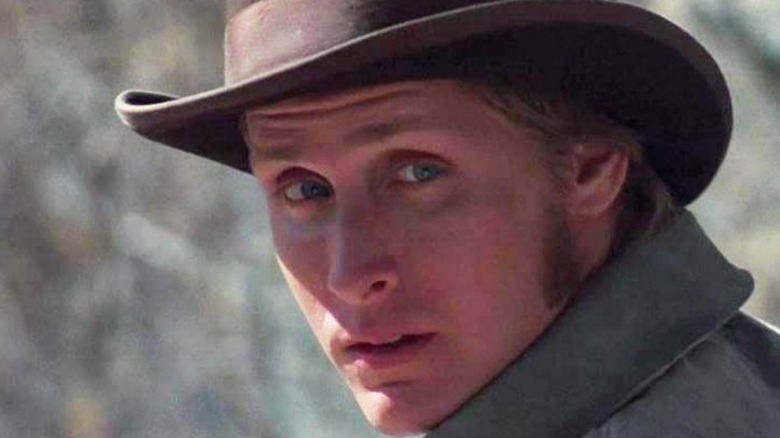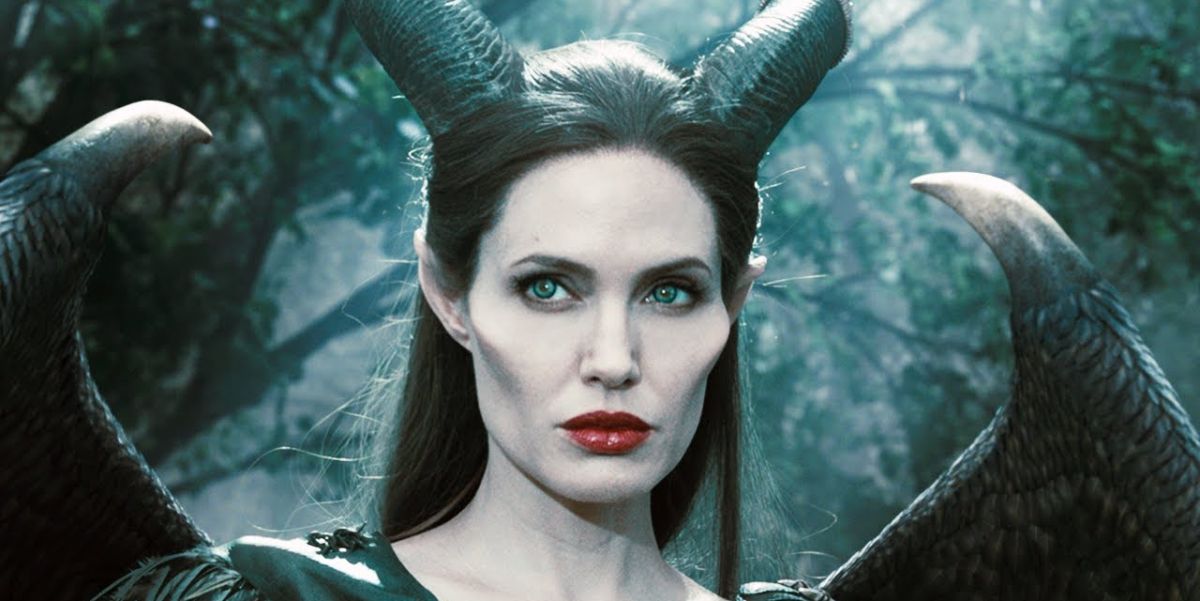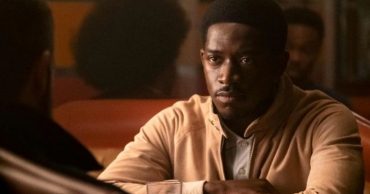
credit: Young Guns
You could ask just about anyone these days why villains are seen as sympathetic in a lot of movies and why they’re glorified in a number of different ways, but asking anyone why they’ve been humanized or given an excuse for being as bad as they are, sets a rather dangerous precedent. Some folks are going to roll their eyes and claim that ‘it wasn’t their fault they broke bad’ or some other rubbish such as this. But the truth is that by humanizing villains, one gives such characters leave to act without responsibility or accountability for the choices they make that send them down such a dark road. The consequences they do or don’t face tend to even things out in the minds of a lot of movie fans, but the mere act of glorifying said individuals makes one wonder about various members of society and how deviant behavior of any kind in the movies can and sometimes does inspire deviant behavior in real life. It’s not a matter of blaming the movies since this is a rather tired argument. It’s the responsibility that comes with showing another side of a villainous character that gets people to think, “Oh, they might not be so bad.” Yeah, that’s a problem.

credit: Maleficent
We’re all bound by the choices we make in life, but in fiction, it would appear that poor choices are somehow justified.
When a movie humanizes a villain, it’s very easy to get caught up in the idea that the individual didn’t mean to break bad and that they would never have done so if the situation hadn’t required such a thing. But when this particular scale is tipped too far, it becomes easy for fans to state that the individual had no choice but to become the villain since they were pushed too far and had no other choice. What people need to be reminded of is that there are always choices. Even if the choices presented aren’t easy or all that great for the individual, they do exist. For instance, Billy the Kid, who was a real person, could have gone on the run and disappeared after John Tunstall was killed. Instead, he went on a killing spree that made him infamous. Maleficent could have walled off her realm from the humans, but she chose to take her revenge. In other words, there are always choices, but for the betterment of the story, filmmakers often take the route that allows people to identify with the villains.
It’s tough to argue against a villainous character that has mental issues or is pushed until they break.
Being human, it’s often difficult to think that judging another human being, especially one with psychological issues, would be that easy. There are plenty of people, both in reality and in the movies, that have serious issues that require a great deal of help. But there are those villains with serious mental problems that are still cognizant of what they’re doing and know the difference between right and wrong. They simply don’t care to go down the right path any longer since it’s never done an ounce of good for them as far as they can see. That still denotes choice, however, since knowing the difference between right and wrong means that an individual can and should be held accountable for their actions. A character like the Joker is one among many villains who knows what they’re doing is wrong, but they don’t care. And yet, people glorify this character because he’s living with a set purpose in mind, even if it is to spread chaos wherever he goes.

credit: Joker
The real problem with glorifying villains is that it speaks volumes of societal values.
Very few people want to admit this outside of a public forum where a person’s voice can be deemed anonymous and therefore not be targeted as easily, but the truth is that by humanizing villains, it becomes easier to see that people value the need to justify why villains exist and the actions they take to become who they are. In other words, society is saying, ‘It’s okay, we get it, you HAD to be bad’. A lot of folks would probably argue with this, and that’s all well and good. But the fact is that many people love the bad guys for various reasons and will hold them up as icons while justifying why they had to be this bad.
Back in the day, it was a concern that kids would emulate what they saw on TV, but as it’s been seen, that threat is quite low.
Whether people want to admit it or not, we weren’t dumb back in the day when a lot of us were kids. We knew very well that acting out was going to get us in trouble. Some people did it without the benefit of the movies, and some did it because they had genuinely bad intentions and didn’t care. But glorifying villains in any era has been controversial at best since it’s essentially stating that these are role models that we want to look up to and will gladly give a pass to since they had a reason for being bad.
Accountability and responsibility are still important, even in fiction.
 Follow Us
Follow Us





